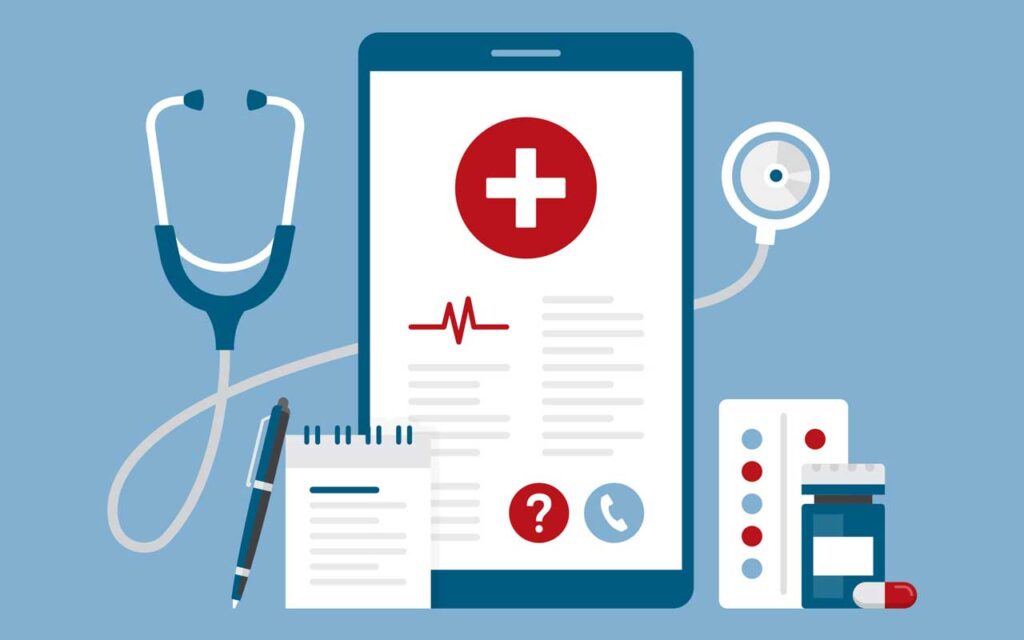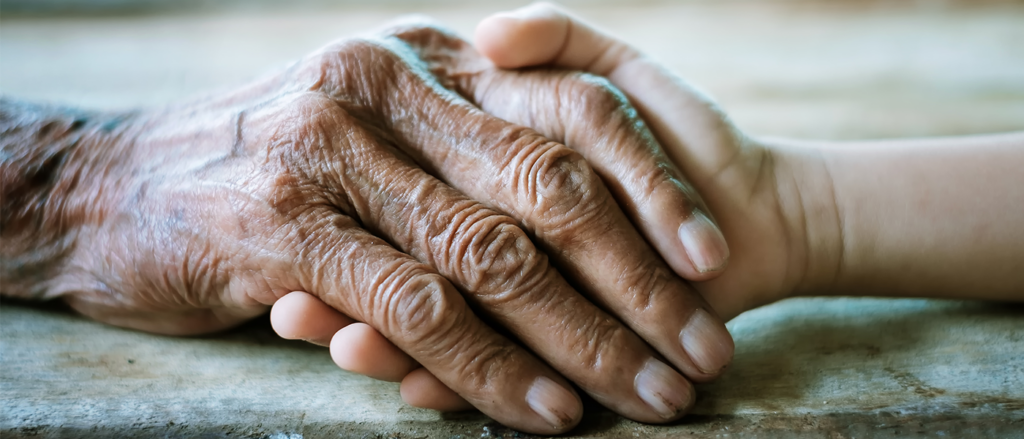What Does a Hospital Care Coordinator Do?
What Does a Hospital Care Coordinator Do?


Remember the “bad old days” of hospital care? When you or a loved one was hospitalized for surgery or an illness, they’d rush you out the door as soon as you were able to tolerate hospital food. Often, if you weren’t well enough to go home, they’d send you to a rehab or a skilled nursing facility. For the elderly, the destination was often a nursing home, even if the senior or their family wanted a different level of care.
Those days are gone.
Patients and their families began making the simple request that they preferred to go home and finish recovery there, if possible. That simple request was complicated to fulfill, but the patient care coordinator has been the key to making that solution possible.
So, What is a Hospital Care Coordinator?
The basic description of a care coordinator’s job is implied by the title: the responsibility is to manage all the details of a patient’s care. Even though the care coordinator works in a hospital, her job is focused on everything that happens after you leave the hospital. The patient will need follow-up appointments. There are prescriptions to be filled. Special equipment or therapy at home needs to be arranged. The care coordinator makes sure all these things happen.
The First Meeting
The care coordinator often introduces herself early on during the hospital stay. If the hospitalization is expected to last only a few days, discharge planning will probably get started on the day of admission. It may seem that the hospital is only interested in rushing the patient out as soon as possible, but this is not the case. There are a lot of details requiring attention. Good care coordination takes time as well as effort.
Behind the Scenes
Hospital-based care coordinators spend a fair amount of time talking with the care team about post-hospital plans. The coordinator is very likely the member of the team who is there to represent the patient’s wishes. For example, if the patient stated that he felt strongly about going home after the hospital as opposed to a rehabilitation center or other sub-acute care facility, the care coordinator would act as his spokesperson. Communication works in the other direction as well. The care coordinator summarizes all the conversations and bits of data coming from the patient’s care team and communicates them to the patient in plain language.
The Telephone
It has been said that the telephone is the most powerful instrument in medicine. The care coordinator knows this very well. A large part of her job is making telephone calls to specialist offices and home care supply companies on behalf of her patients. Even in the age of email and text messaging, there is no substitute for conversation. Good patient care requires that caregivers actually speak to one another. It is the care coordinator’s job to make these conversations happen.
Insider Knowledge
The care coordinator enjoys familiar access to local medical supply companies, specialty pharmacies, and outpatient therapy services. She might even have access to computerized ordering systems that deliver equipment to a patient’s home conveniently and efficiently. If the patient will require physical or occupational therapy after hospitalization, she can suggest the best fit based on proximity, insurance coverage, and other factors.
If hospitalization is in your future, or if a loved one has complex medical needs, the most important person in the medical world may be the care coordinator. Whether you are having a baby or a gallbladder operation, a care coordinator can help make your recovery faster and more complete.
Related Blog Posts

Medicare Advantage Premiums to Decrease, Benefits to Increase
On September 24, 2020, the Centers for Medicare & Medicaid…

Medicare Advantage Supplemental Benefits in the COVID-19 Era
Medicare enrollment is growing quickly. By 2030, one in five…

Optimizing the Value of Medicare’s Supplemental Benefits
Expanded MA supplemental benefits are largely tied to CMS’s updated…
Medicare Advantage’s Supplemental Benefits
As the healthcare climate pivots from fee-for-service to value-based payment…
Medicare Advantage and Hospice Care
In January 2019, the Centers for Medicare and Medicaid Services…

Medicare Advantage’s Supplemental Benefits: What’s New?
How the expansion of Medicare Advantage supplemental benefits emphasizes home…
